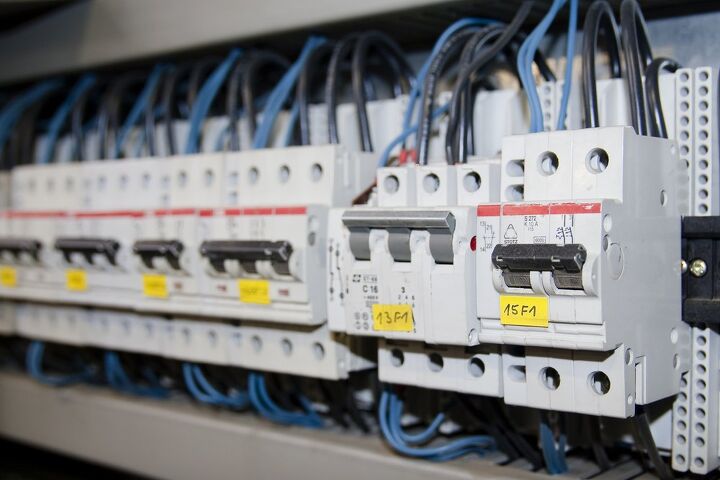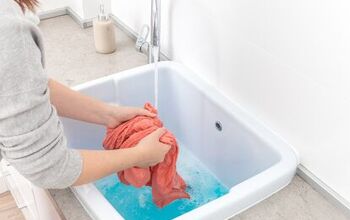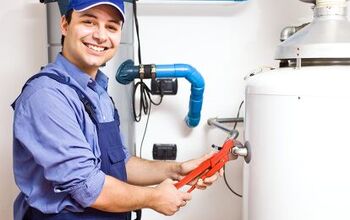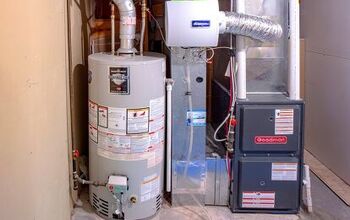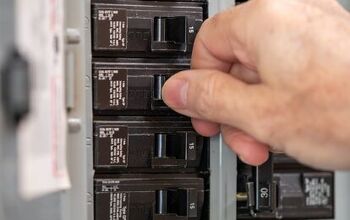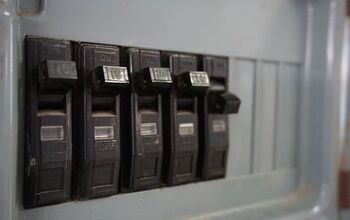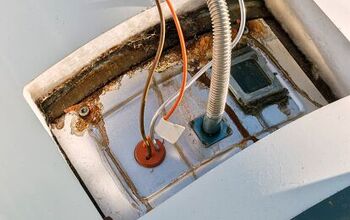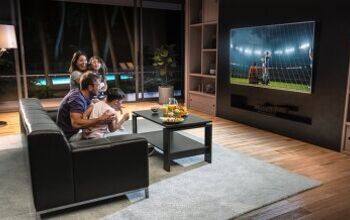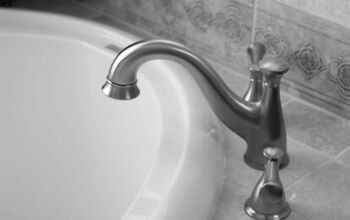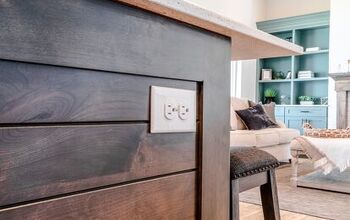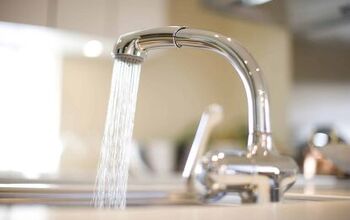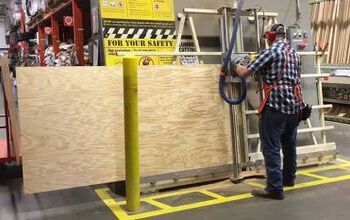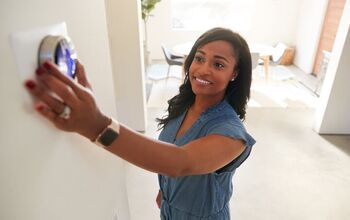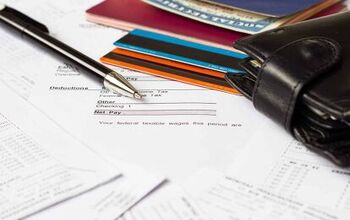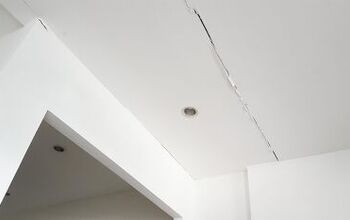What Size Breaker for 4500 Watt Water Heater?

Electric is no joke, especially when it comes to figuring out the type of breakers you need for heavy load items, such as a dishwasher, washer, dryer, or water heater. So, what size breaker would you need for a 4500-watt water heater?
According to the National Electric Code’s 125% rule for breakers, a 4500 watt water heater will need a 25-amp or 30-amp circuit breaker. The rule stipulates that continuous loads should not exceed 80% of the breaker’s rated current. Contact your local authorities to ensure you are adhering to the laws within your county as well.
Do you want to know how we arrived at this conclusion? Continue reading to learn more about breaker sizes. Whenever you’re in doubt, never hesitate to contact a professional!
How Do You Calculate the Correct Breaker Size?
The total wattage has always been divided by the voltage to determine the breaker size. To figure out what size breaker to use for a 4500-watt hot water system, divide 4,500 by 240. The official number you receive when you change 4500 watts to amps is as follows: 18.75.
We then need to boost that amount by 125 percent because a water heater is a constant power device, which would then equal 23.4 amps is the result. ( The 125% rule we discussed earlier). This appliance’s circuit breaker should be either 25 amps or 30 amps for 4500 watts at 240 volts.
It would be acceptable to be using 100 percent of the circuit breaker’s rating if the water heater wasn’t designated as “continuous load.” It’s either 80 percent for constant loads or 100 percent for noncontinuous loads when it comes to breakers.
How Many Amps is a 4500 Watt Water Heater?
When you transform 4500 watts to amps, you get 18.75. We must double that figure by 125 percent because a water heater is a load current device.
Therefore, you at least need 23.4 amps for your water heater. If the water heater is going to be the only large appliance on the circuit, then 25 amps are sufficient. Anything more, you will need to have a 30-amp circuit.
What Kind of Breaker Do I Need for a Water Heater?
A 240-volt dedicated circuit is required for electric water heaters, which feeds only the water heater but no other equipment or gadgets. A 30-amp dual breaker with 10-2 non-metallic (NM) or MC wire is commonly used in circuit wiring.
What is the Correct Circuit Breaker Size?
Circuit breakers are rated by their manufacturers based on the maximum electric charge (in amperes) they can handle without triggering or interrupting the circuit.
When designing an overload protective device, such as a breaker, the National Electrical Code (NEC) mandates electricians to use the 80 percent rule. According to the code, a circuit breaker must not withstand more than 80% of its electricity rating.
On a constant load of at least three hours, the 80 percent rule offsets the heat released in the circuit. A breaker with a 125 percent power rating should be installed on an appliance that constantly runs 24 hours a day, seven days a week.
A circuit breaker with 100 percent of its design power can accept a device that does not need a steady electrical load. Because water heaters are always on, it’s best to size the circuit breaker at 125 percent of its rated capacity.
What Size of Wiring Do I Need for My Water Heater?
In general, the smaller the electric wire’s diameter, the faster it heats. That is why a cable with a big gauge is recommended.
For 4500-watt heating systems, the NEC suggests using a gauge of ten non-metallic or metal-clad electric wire with two conductors (10/2). You can utilize a 12/2 wire if your water heater’s heating components are 3800 watts (Gauge-12 and two conductors).
It’s also worth noting that your hot water tank necessitates a different voltage and breaker setup. The majority of our household appliances run on 110-120 volts. To push electrons through the cables, heating systems require 240 volts.
A double-pole circuit breaker is required because your water heater works on 240 volts. There are two active wires on this CB type. If one of the cables has a fault, it will trip the other, cutting off power to the heater.
Can 8 Gauge Wire Handle 40 Amps?
With just a 40-amp circuit breaker, the smallest wire size allowed is 8-AWG. The energy that a 40 amp breaker can withstand is rated for an eight-gauge cable.
You can use a larger gauge 6-AWG wire for upcoming years, but a smaller gauge wire will make the electric circuit non-compliant with the NEC.
Can You Replace a 3500-watt Water Heater with a 4500-watt?
It is generally not okay to replace a lower wattage water heater with a higher one without changing out the entire system, including breakers, wiring, and possibly circuits.
However, it’s fine to use a lower wattage; for example, 4500 watts can be replaced with 3500 watts as long as the voltage remains the same.
Because a lower wattage produces less heat, the element can live longer. A 4500 watt 240-volt element heats approximately 21-40 gallons per hour. A 3500-watt 240-volt heater can heat 16-30 gallons per hour.
Is a Higher Watt Water Heater Better?
Water never becomes hotter with a lower Wattage water heater, nor does it get warmed quicker when the heater is turned on.
The difference in energy use is determined by how long it takes the heater’s storage tank to heat the water once it is exhausted.
So it’s not necessarily better just because it’s a higher wattage. What determines whether it’s better or not is your personal preference and household size.
For example, you might want higher watts if you have a family of 5. If you’re living alone, then a lower wattage water heater would be just fine.
How Many Watts Should My Water Heater Be?
Electric water heaters usually run for three hours each day to heat water, but newer, more efficient types may only run for half that time. A typical water heater consumes approximately 4000 watts.
Therefore, you will want to make sure that your water heater is at least 4000 watts if you have more than a few people in your household. Otherwise, as stated above, you could get away with a lower wattage, such as 3000 or 3500, if you live alone.

Heather is a passionate writer who loves anything DIY. Growing up, she learned everything from home repairs to design, and wants to share her tips with you. When she's not writing, she's usually hiking or searching for her next DIY project.
More by Heather Robbins



